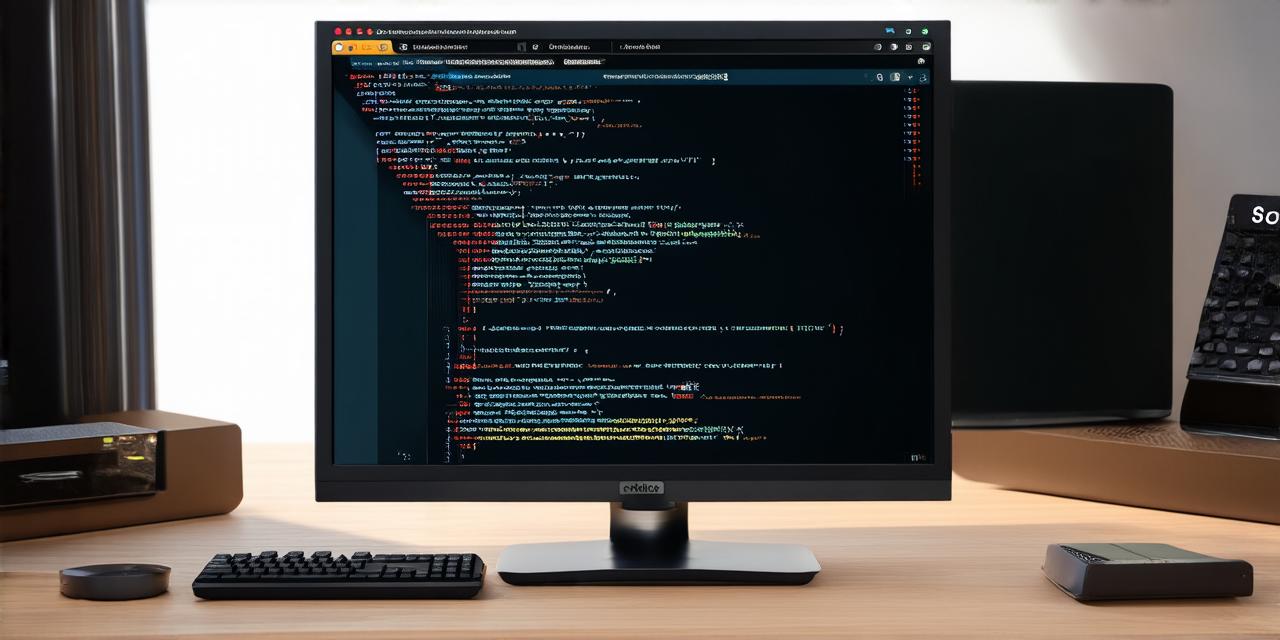Maximizing Web Development Potential with Python
Python: The Swiss Army Knife of Web Development
Python’s versatility shines in web development, from building simple static websites to complex dynamic applications. Its clean syntax and readability make it an ideal choice for rapid application development.
As Google’s former CEO Eric Schmidt puts it, “Learning to write programs stretches your mind, and helps you think better, creates a way of thinking about things that I think is helpful in all domains.”
Python’s Web Development Frameworks: The Game Changers
Frameworks like Django and Flask have revolutionized Python web development. Django, for instance, follows the DRY (Don’t Repeat Yourself) principle, helping developers build complex applications quickly and efficiently. On the other hand, Flask offers a more lightweight approach, making it perfect for smaller projects or those who prefer a minimalistic setup.

Case Study: Python in Action
Consider Instagram – a platform that started as a simple idea but grew into a global phenomenon. Behind the scenes, Python played a crucial role in managing its backend operations, handling millions of images and user interactions daily. This is just one example of how Python’s power can transform web development projects.
The Future of Web Development with Python
As we look to the future, Python continues to evolve, with advancements like asyncio for better performance in I/O-bound applications and improvements in machine learning libraries making it an even more powerful tool. With its robust community support and endless possibilities, Python is undoubtedly a language worth mastering for web developers.
FAQs
1. Why should I choose Python for web development?
Python offers a clean syntax, readability, and versatility, making it ideal for web development. Its robust frameworks like Django and Flask speed up the development process.
2. Is Python suitable for large-scale web applications?
Yes, Python has been used in large-scale applications such as Instagram and Pinterest, demonstrating its ability to handle complex operations efficiently.
3. What are some popular Python libraries for machine learning?
Scikit-learn, TensorFlow, and PyTorch are some of the most popular Python libraries for machine learning.
In conclusion, Python is not just a language; it’s a key to unlocking your web development potential. Whether you’re a seasoned developer or just starting out, embracing Python can open doors to new opportunities and help you stay ahead in this ever-evolving field.
